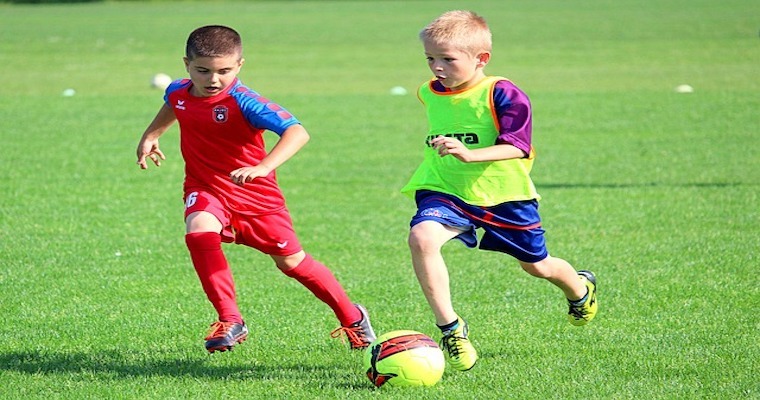
Well-being is everyone’s concern, whether for oneself or for one’s family and friends. When we think about well-being in schools, we might consider children laughing and playing with friends in the playground. And while those elements are critical, the broader picture is what we need to see. Well-being mediated (explained) the relationship between child poverty and educational achievement in a study of 23 countries and 39 United States. Well-being, or subjective well-being, is a critical component of a person’s life; and as the study shows, we can overcome many challenges when we feel good (about ourselves and our situation).
For most people in positions of authority, fixing what we break seems sensible and pragmatic, but what if it not the most beneficial of choices. What if we focus on developing strengths in such situations, would we great more in the long run? Renshaw et al. (2014) presented covitality – a counter construct to comorbidity. In covitality, we have components: emotional competence (i.e., emotional regulation, self-control and empathy); engaged living (i.e., optimism, zest, gratitude); belief-in-self (self-awareness, self-efficacy and grit) and belief-in-other (i.e., family coherence, peer support and school support). These researchers have shown that covitality is highly predictive of achievement in school and quality of life for children and covitality correlates negatively with depression and anxiety.
What can we learn from this research? We can see that there are better ways forward to helping people than fixing broken parts; we can identify and develop strengths. Identifying one’s strengths increases students’ life satisfaction compare with those students who do not take part in these exercises. Hope is a critical emotion in peoples’ lives. Hopelessness and helplessness drain the vitality and confidence that one needs to persist and learn from one’s experiences. There are several simple but effective programmes to help children and young people thrive in challenging settings. This hope and encouragement begets the more hope and encouragement. Several researchers now examine how effective programmes can develop hope, life satisfaction, self-worth, mental health and academic achievement. Often, it is the work with parents, guardians and teachers that can offer long-term benefits to the children.
What are we learning here from positive psychology researchers and practitioners? We learn that focusing on and developing strengths is a much more favourable way of working with children and young people. From this vantage, children and young people and help themselves to thrive in the future. If we go back to the components of covitality, we see how crucial emotional competence, engaged living, belief-in-self and belief-in-other can be for the health and well-being of a child’s life. Imagine a sport system, or a school system, that helps children with their emotional regulation, self-control and empathy. Image a sport or school system that helps children to develop optimism, zest, and gratitude. Imagine a sport or school system that develops self-awareness, self-efficacy and grit. Imagine a sport or school system that helps with family coherence, peer support and school support.
We do not need to imagine any longer. With simple positive psychological interventions, we can help each child each day and we can even help them with them knowing. This incidental learning (learning with no intention to learn) is a fuel source to power people through the most challenging challenges in their lives.
References
Magyar-Moe, O. (2015). Positive psychological interventions in counseling: What every counseling psychologist should know. The Counseling Psychologist, 43(4), 508–557. https://doi.org/10.1177/0011000015573776
Renshaw, T. L., Furlong, M. J., Dowdy, E., Rebelez, J., Smith, D. C., O’Malley, M. D., . . . Strøm, I. F. (2014). Covitality: A synergistic conception of adolescents’ mental health. In R. Gilman, E. S. Huebner, & M. J. Furlong (Eds.), Magyar-Moe et al. 553 Handbook of positive psychology in the schools (2nd ed., pp. 463-476). Oxford, UK: Taylor & Francis.
Image by RoboMichalec from Pixabay
